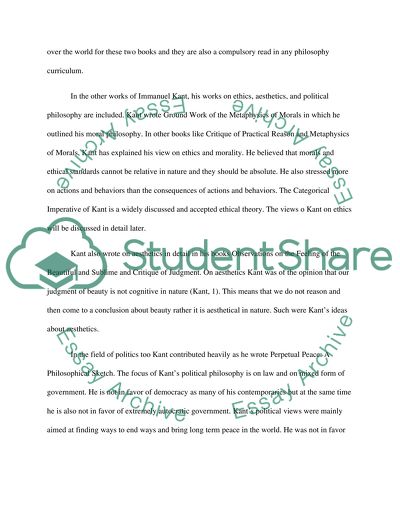Cite this document
(“The Importance of Immanuel Kant's Works Research Paper”, n.d.)
Retrieved from https://studentshare.org/philosophy/1395314-immanuel-kant
Retrieved from https://studentshare.org/philosophy/1395314-immanuel-kant
(The Importance of Immanuel Kant'S Works Research Paper)
https://studentshare.org/philosophy/1395314-immanuel-kant.
https://studentshare.org/philosophy/1395314-immanuel-kant.
“The Importance of Immanuel Kant'S Works Research Paper”, n.d. https://studentshare.org/philosophy/1395314-immanuel-kant.


